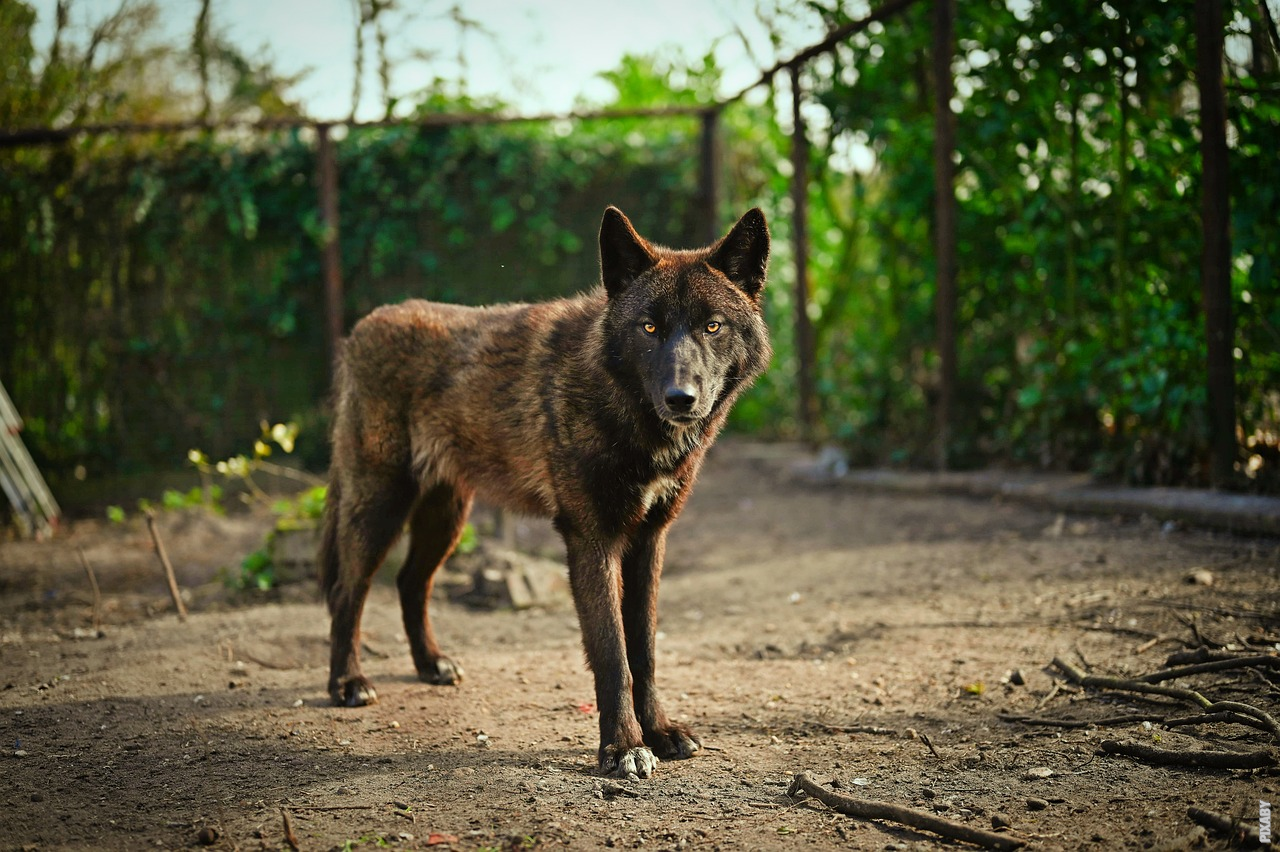The Canine Conundrum: Dogs vs. Wolves
Have you ever wondered if dogs and wolves belong to the same species? Join us on a fascinating journey to uncover the truth behind their genetic connection and the mysteries of their shared ancestry.
Unraveling the Genetic Code
While dogs and wolves share some similarities, they are not the same species. Both belong to the Canidae family, but dogs are classified as Canis lupus familiaris, while wolves are known as Canis lupus.
Genetic studies have revealed that dogs and wolves diverged from a common ancestor around 15,000 years ago. Since then, dogs have undergone significant domestication, leading to distinct physical and behavioral differences from their wild counterparts.
The Physical Differences
One of the most noticeable differences between dogs and wolves is their appearance. Wolves typically have a leaner and more muscular build, adapted for survival in the wild. In contrast, dogs exhibit a wide range of shapes, sizes, and coat colors, reflecting the influence of human-driven selective breeding.
Another key distinction lies in their behavior and social structure. Wolves are highly territorial and live in hierarchical packs, led by an alpha pair. Dogs, on the other hand, have adapted to live in human social groups and display more diverse behaviors due to their extensive exposure to human environments.
A Shared Canine Heritage
Despite their differences, dogs and wolves share a fascinating common heritage. Their ability to interbreed and produce viable offspring is a clear indication of their close genetic relationship. This compatibility is due to their similar chromosome count and DNA structure.
Research has shown that certain dog breeds, such as Siberian Huskies and Alaskan Malamutes, share a greater genetic resemblance to wolves. These breeds often retain more wolf-like characteristics, such as strong predatory instincts and a tendency to howl.
Canine Companions: A Tale of Cooperation
The relationship between humans and dogs dates back thousands of years, with dogs serving as loyal companions and invaluable working partners. Wolves, on the other hand, have maintained their wild nature and largely avoided direct interaction with humans.
While dogs have undergone extensive domestication, their genetic connection to wolves remains undeniable. It is this shared heritage that makes dogs capable of displaying remarkable intelligence, adaptability, and a deep bond with humans.
Post
Post
In Conclusion
Although dogs and wolves are not the same species, they share a rich history and a close genetic bond. Dogs have evolved alongside humans, adapting to our needs and becoming our faithful companions. Wolves, on the other hand, continue to roam the wild, embodying the untamed spirit of the natural world. So, the next time you see a dog or hear a wolf’s howl, remember the intricate connection between these magnificent creatures.



